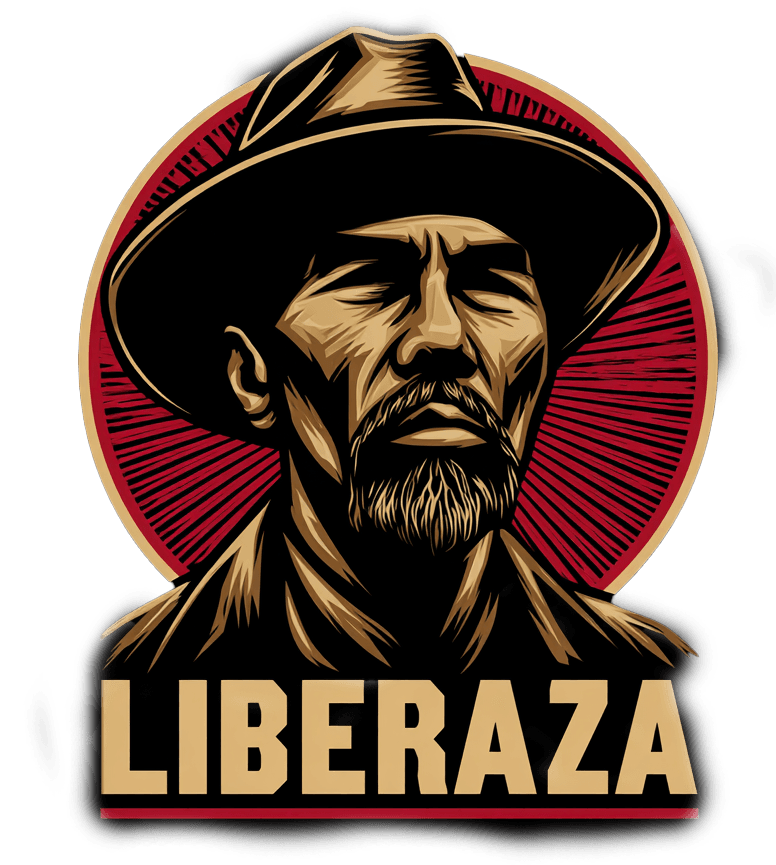⚽ No Signs of Dissent: MLS Clamps Down on Political Speech as Fans Protest ICE Raids
LS
In the stands, it started with a banner: “No One Is Illegal.”
Then came chants. Then arrests.
Now, Major League Soccer (MLS) is drawing a hard line—one that some say silences the very communities that built the league.
This week, MLS Commissioner Don Garber reaffirmed the league’s longstanding ban on “political signage” at matches, insisting the policy is about fan safety and unity—not censorship. But in a season already marked by record deportation raids and a charged national debate over immigration enforcement, that explanation isn’t sitting well with a growing number of supporters, particularly in cities like Los Angeles, Houston, and New York.
They see the ban not as neutral groundkeeping—but as complicity.
A League Built on Immigrant Fans Now Quieting Their Voices
Soccer in the United States has never existed in a vacuum. From its earliest days, MLS clubs like LAFC, Chivas USA, and D.C. United built their identities on immigrant communities. Spanish-language chants, food trucks parked outside stadium gates, and players from Central and South America were not just window dressing—they were the foundation.
So when fans unfurled signs reading “Abolish ICE” or “Stop Deportations Now” in the wake of high-profile raids in Los Angeles and Chicago, it was deeply personal.
Yet those same messages have now drawn sanctions.
At a recent LA Galaxy match, three fans were ejected for displaying a handmade sign referencing the now-infamous ICE facility in Adelanto, California. In Austin, security reportedly confiscated t-shirts with the phrase “Families Belong Together.”
Garber, when asked about the ban, called it “a longstanding and nonpartisan policy.” The league’s official stance is that politics have no place in sports stadiums.
But for many, that position is untenable.
As one LAFC supporter, who asked to remain anonymous, told The Guardian:
“My cousin was detained in a raid last month. You’re telling me I can’t hold a sign about that, at a match in our city, watching a team built by and for people like us?”
The Clash Between Free Speech and Private Policy
Legally, MLS is on solid ground. Stadiums are private venues, and the league can enforce codes of conduct at its discretion. But morally and culturally, it’s wading into treacherous waters.
Fan collectives across the country have started pushing back. The “Black and Gold Independent Supporters Union” in Los Angeles issued a public letter last week demanding MLS reconsider its ban in cases where political expression intersects with human rights. Other groups are threatening boycotts of merch sales, watch parties, and even ticket renewals.
Meanwhile, smaller clubs in the USL and NWSL—like Oakland Roots and Angel City FC—have taken the opposite tack. They’ve embraced activism, encouraged voter registration drives, and openly criticized ICE activity near training facilities.
The result? A stark contrast between leagues.
The ICE Raids Behind the Outrage
This isn’t happening in a vacuum. Over the past six weeks, ICE has ramped up removal operations in cities across the U.S., including Los Angeles, Miami, and New York. Dozens of undocumented workers were detained at construction sites, bus terminals, and even during routine traffic stops. In one particularly egregious case, a former Afghan interpreter for U.S. forces was arrested during a green card interview and sent to detention in Massachusetts.
These stories ripple through MLS stadiums, whose audiences are majority Latino in many markets.
Suppressing expression in those venues, many argue, only deepens the disconnect between the league’s messaging—“Soccer for All”—and the lived reality of its fans.
Can Sports Be Apolitical in 2025?
That’s the uncomfortable question at the heart of this story. In a polarized America, where immigration raids are livestreamed and deportations make national headlines, can any space—let alone a sports arena—truly remain neutral?
MLS appears determined to try. But whether fans will go along quietly remains to be seen.
In a sport defined by community, identity, and pride, silencing voices may not protect the league. It may alienate the very people who made it possible.
Want to stay updated on stories like this one?
Subscribe to our Daily ICE Newsletter for the 7 most important immigration and civil rights headlines—straight to your inbox, every day. No hype. Just facts.
